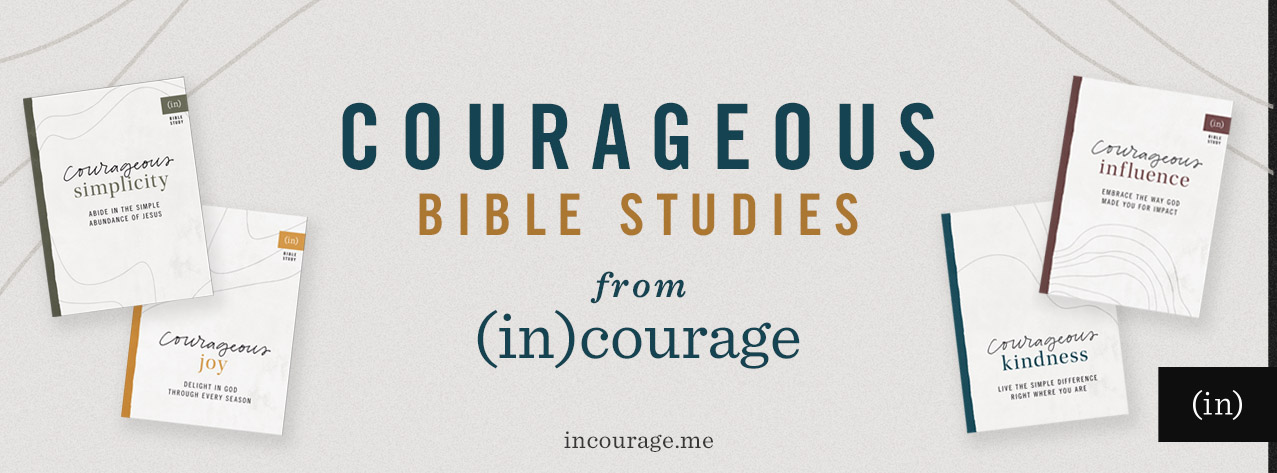I paused in the middle of a writing session to open a new tab on my web browser. After years devoted to nonfiction, I’m twenty thousand words into the rough draft of my first novel (it both thrills and terrifies me to type these words). The differences between genres no longer overwhelm me, I can compose dialogue (yay!), and I’ve become comfortable writing from points of view beyond my own.
For my last two books, I researched articles in science journals. Now I study character development, and how to describe real places or fabricate fictional settings. I ponder fresh word choices and avoid overused clichés, employ techniques like “show, don’t tell,” foreshadowing, and cliffhangers, and know that HEA means happily ever after. Sometimes I’m so fully immersed in my fictional world that writing dialogue feels like eavesdropping, as if I’m taking dictation on my characters’ conversations.
Some days the sentences build themselves. Perfect turns of phrase flow at will from my fingertips. Other days are just plain hard. I’m not sure what comes next (I’m a pantser, if you care to Google it) or I convince myself I’m wasting my time and no one will read, much less publish this book. On those days, either I push through, take a nap, procrastibake (yes, this is real), read a book, or allow research to lead me down an endless series of rabbit trails — this one has the initial benefit of feeling like work.
Recently, while searching for the perfect song title to use in a scene, I stumbled upon YouTube videos of genuine reactions to hearing famous songs for the first time. Have you seen these? There’s something compelling about watching another person encounter truth, goodness, and beauty in something familiar to you, like two gorgeous 70s pop tunes in the videos I watched. I hadn’t heard one of them in years, but I play it all the time now; it’s an earworm, and the subject of my first conscious thought some mornings.
I’m fascinated by the idea that my favorite song, book, movie, or album exists, but I haven’t discovered it yet. When I watch reaction videos, I anticipate witnessing someone make such a discovery, or at least unearth a treasure I already possess and add it to the lexicon of their cultural literacy. Things that are real, right, and lovely appeal to us and those that are fake, false, and ugly repel us. At least they should. But with time and exposure, we become desensitized. A word that used to guarantee a film an R rating is now common on television.
My husband and I have a theater membership plan that allows us to watch up to three movies a week, which we sometimes do. I also read a lot. I’ve got front-row seats to what’s offered to the culture, and it’s bleak. No matter the subject matter, most of what I see and read is peppered with anti-family, anti-religion, anti-truth, and anti-goodness messages. We watched a comedy recently with demonic content (I don’t use that term lightly). Don’t underestimate the impact these things have on our children and society, on me and you.
Francis Schaeffer observed, “Rome did not collapse because of outward forces, such as the barbarians, but because of inward rottenness,” evidenced by decadence and a lack of creativity in the arts. The 19th-century preacher Charles Spurgeon said, “I believe that one reason why the church of God at this present moment has so little influence over the world is because the world has so much influence over the church.”
The problem isn’t new. However, our ability to counteract it not only privately, but publicly, increases apace with technology. Within our circles, we are all influencers and content creators. When you read a book or see a movie with a positive message, share a review online or tell your friends about it. Take your children to a museum or hang art reproductions in your home. Our family can’t purchase originals, but our walls display three Van Gogh’s, two O’Keeffe’s, and a Vermeer. Vote with your wallet: let your viewing and reading habits tell Hollywood and the publishing industry what you as an audience want.
Friends, don’t be depressed; be empowered. When the culture promotes negativity, be counter-cultural. We have multiple spheres of influence. Let’s use our roles as wives, mothers, friends, homemakers, consumers, or debut novelists to share truth, goodness, and beauty with a fallen world.
“And be not conformed to this world: but be ye transformed by the renewing of your mind, that ye may prove what is that good, and acceptable, and perfect, will of God.”
Romans 12:2 (KJV)



